While finding love at first sight might seem ideal, many people experience multiple relationships before discovering their true love. Science suggests that love can vary in intensity, passion, and connection with different partners, much like different flavors of ice cream. The “Three Loves Theory” posits that people fall in love three times, each for a unique reason, before truly understanding love. First proposed by relationship expert Helen Fisher, and explored by life coach Mark Manson, this theory explains how each love serves a distinct purpose on the path to lasting happiness.
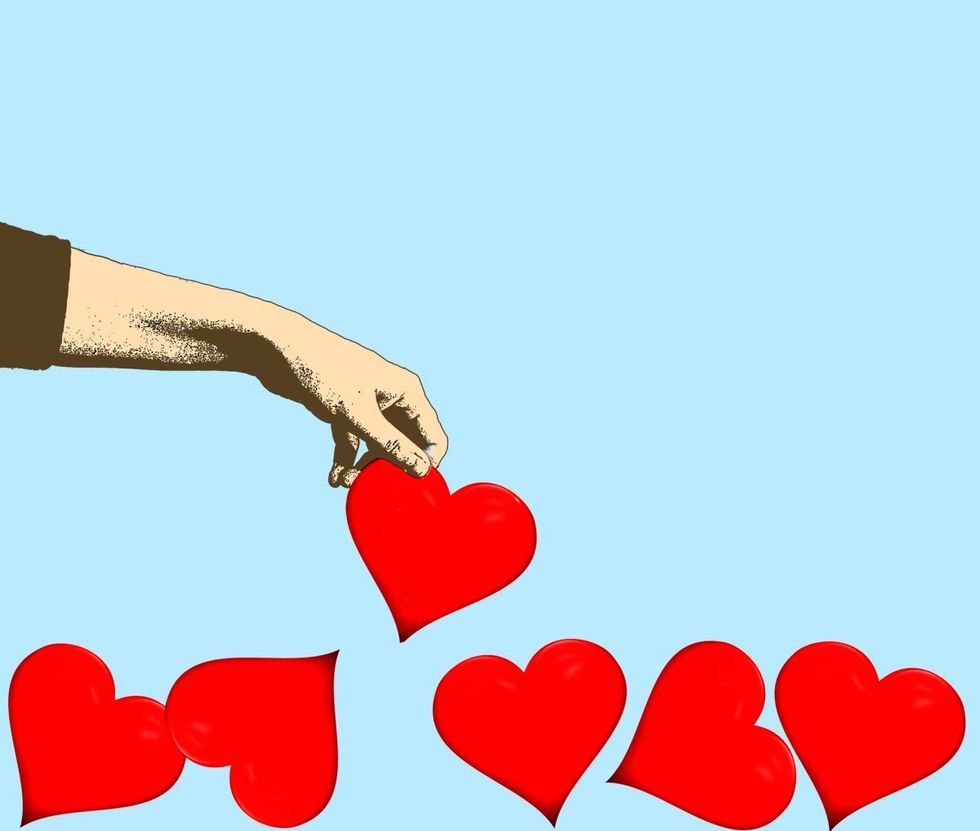
The three loves, according to this theory, vary in the intensity of emotional connection and are characterized by “lust,” “passion,” and “commitment” respectively. Manson says that the three loves are experienced in different parts of the brain, and they occur independently from each other.
Love One: The fairytale love
At first sight, this love may feel “just right,” however, in reality, it is just a story and not a deep, raw, fulfilling love. “It’s instantaneous and based on pretty straightforward physical and behavioral components of attraction,” explains Manson. He adds that this type of love stems from the reptilian part of the brain that deals with the instinctual desire for reproduction. This type of love usually comes veiled in the form of “fairytale love,” but in actuality, it is “idealistic love,” as The Minds Journal explains. This love makes people look from the perspective of “how others see them” rather than what they “feel about themselves.” And so, this type of love is transitory and it leaves as quickly as it came, Manson says.

Love Two: The Intense Love
Manson explains that this type of love is driven by “passion.” Partners are drawn together by strong emotional chemistry, often losing themselves in the excitement of new love. Manson explains that this type of love originates from the "mammalian brain," where deep emotional bonds form. People in this form of love start imagining their future together, often ditching the voices of their logical minds. However, as the “newness” or “spontaneity” of passion begins to fade away, the relationship starts losing its juice.
Explaining to Vogue, personal development coach Roxie Nafousi unravels that this type of love is like a “mirror of our soul.” It makes people aware of their deepest insecurities, emotional wounds, needs, and desires. Starting with dramatic emotional rollercoasters, the relationship often ends in profound grief, intense pain, and a harsh awakening that love is not what you think. The Minds Journal also adds that once this kind of relationship is over, the hurt person usually makes further wrong choices, and gets into more unbalanced relationships. They don’t become free from this cycle until they delve into self-love.

Love Three: The Enduring Love
This is the type of love based on commitment, and compatibility, and is usually the one that lasts. “Commitment is an unbelievably powerful feeling and occurs rarely in life,” says Manson, adding that, “Commitment is when the passion of Love Two persists to the point that it’s unconditional. Commitment is when you emotionally accept and love the other person’s flaws as much as their strengths.” This type of love is enduring and everlasting. “When we’ve begun to heal and cultivate our self-love, then comes unexpected love. The one that comes out of nowhere and feels completely right. There are no games, just the feeling of being at home. You embrace everything the other embodies, all its imperfections and nuances. You feel more yourself than ever,” Roxie tells Vogue.

Manson elaborates that there are specific timetables for experiencing each type of love. While Love One is instantaneous, Love Two lasts for around a few months or years, while Love Three lasts a lifetime. So, if you haven’t found the love that feels natural and right for you, keep looking, because at the end of the tunnel, there is always that “true love” waiting for you, to give your life meaning.








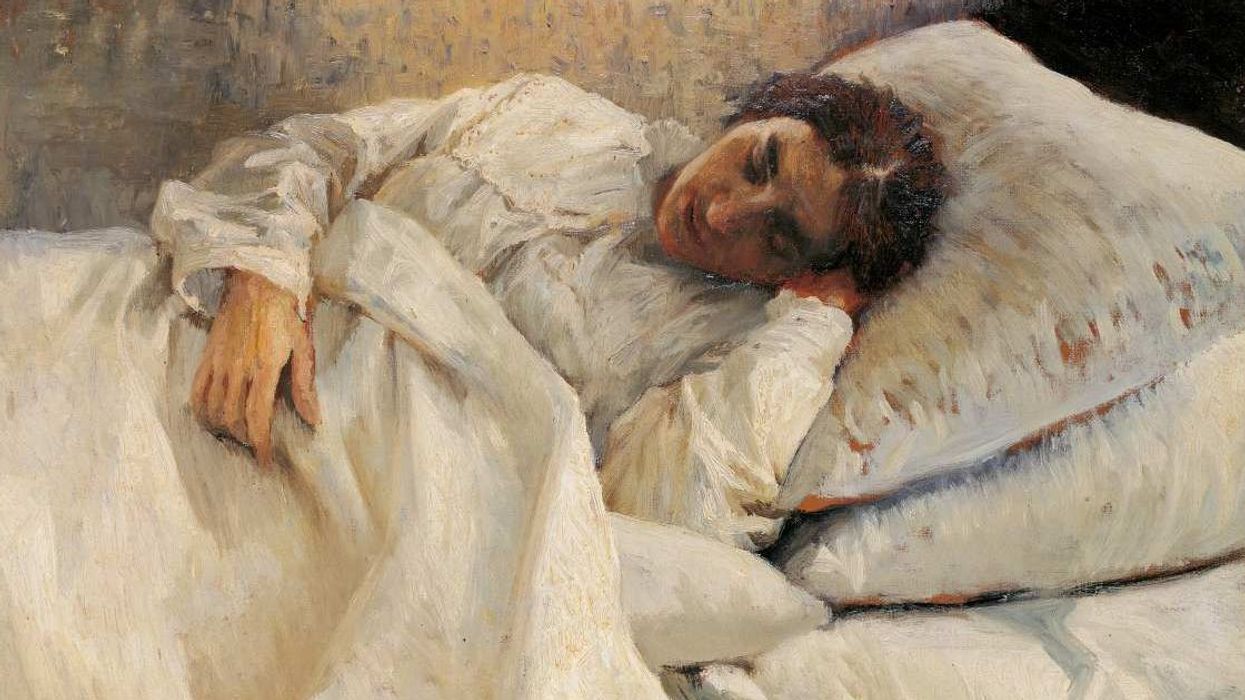









 2014 Toyota Corolla LED Headlight
2014 Toyota Corolla LED Headlight
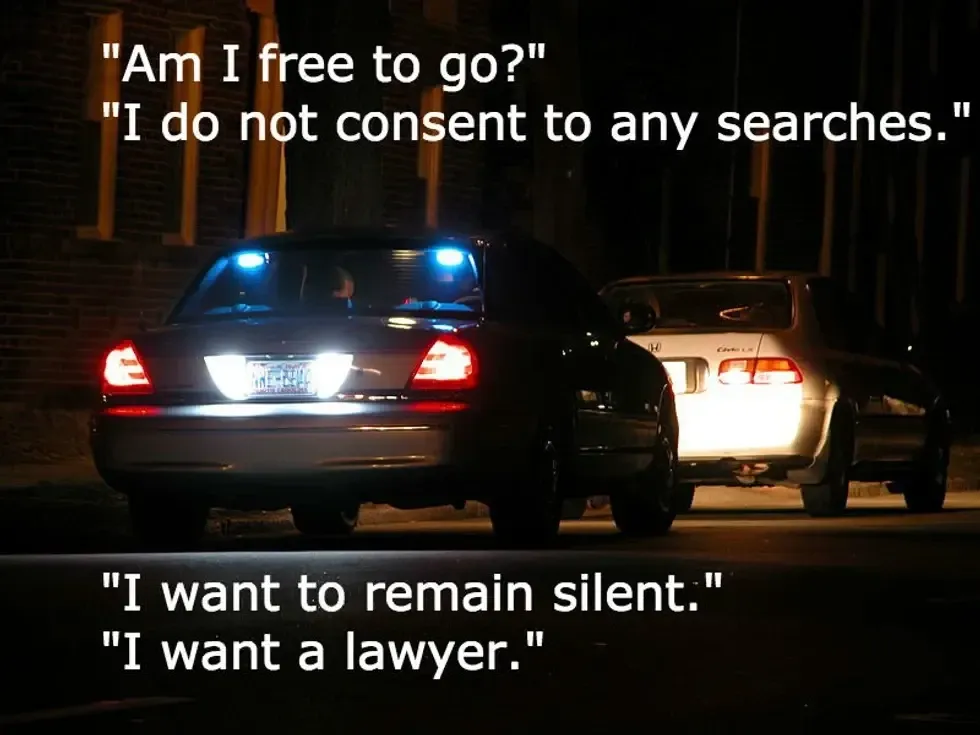 Image by Ildar Sajdejev via GNU Free License | Know your rights.
Image by Ildar Sajdejev via GNU Free License | Know your rights.


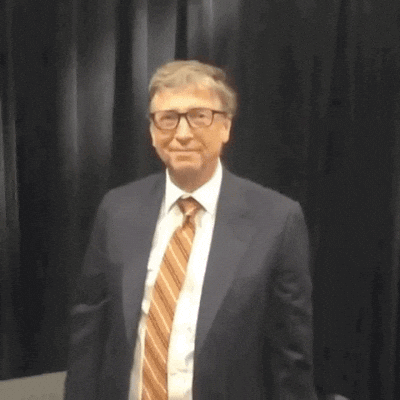 Bill Gates Swag GIF
Bill Gates Swag GIF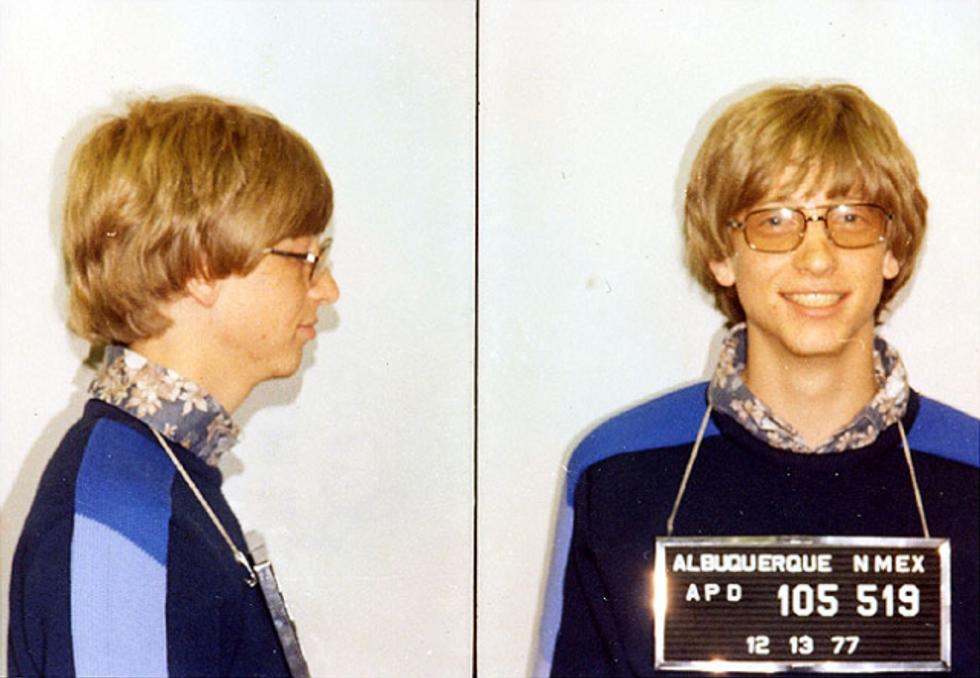 File:Bill Gates mugshot.png - Wikipedia
File:Bill Gates mugshot.png - Wikipedia
 Representative Image Source: Pexels| Enzo Varsi
Representative Image Source: Pexels| Enzo Varsi Representative Image Source: Pexels| Markus Spiske
Representative Image Source: Pexels| Markus Spiske Representative Image Source: Pexels| Nguyen Huy
Representative Image Source: Pexels| Nguyen Huy Representative Image Source: Pexels| Ana Benet
Representative Image Source: Pexels| Ana Benet
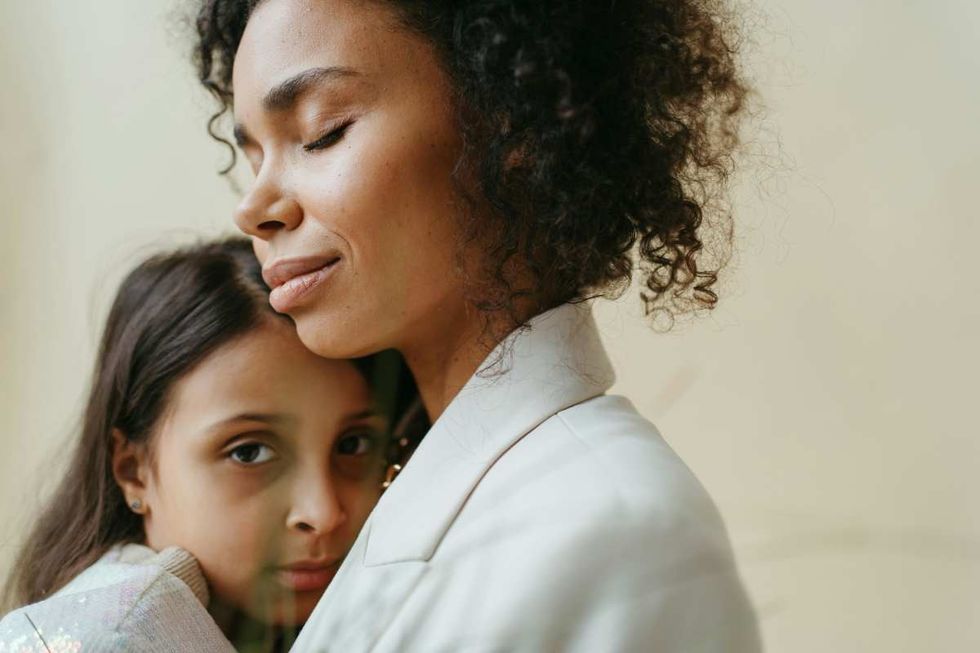 Representative Image Source: Pexels | Anastasia Shuraeva
Representative Image Source: Pexels | Anastasia Shuraeva Representative Image Source: Pexels | Liza Summer
Representative Image Source: Pexels | Liza Summer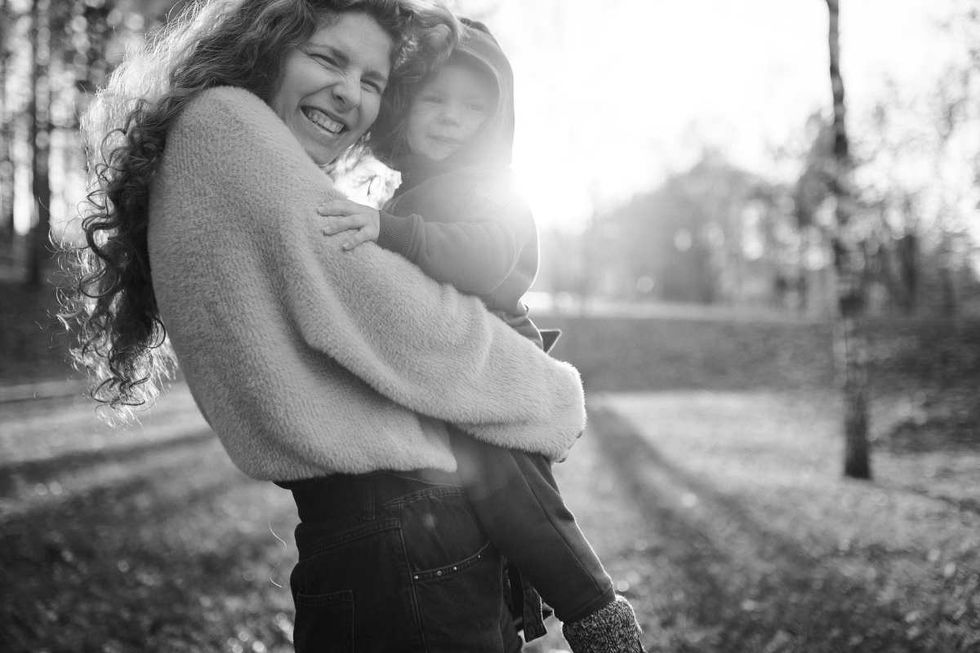 Representative Image Source: Pexels | Yankrukov
Representative Image Source: Pexels | Yankrukov Representative Image Source: Pexels | Shkrabaanthony
Representative Image Source: Pexels | Shkrabaanthony Image Source: TikTok |
Image Source: TikTok |  Image Source: TikTok |
Image Source: TikTok |